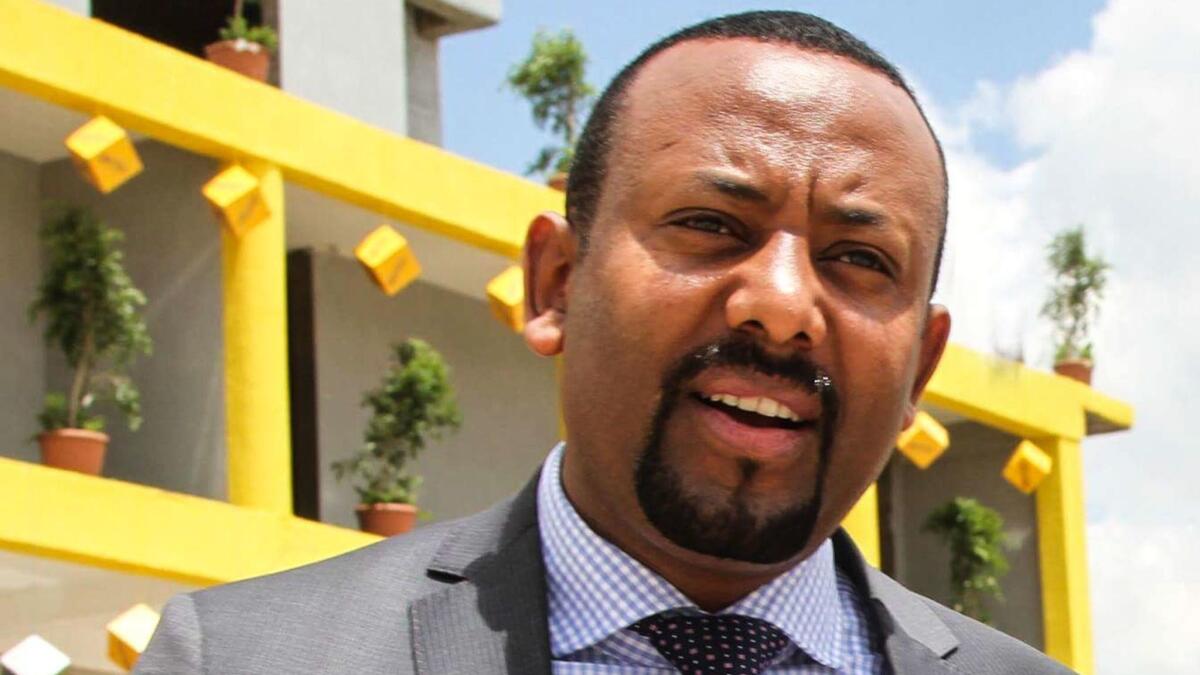Ethiopia’s ruling coalition names new chairman, set to be prime minister

- Share via
Reporting from ADDIS ABABA, Ethiopia — Ethiopia’s ruling coalition has named a chairman set to become the country’s new prime minister amid the latest state of emergency in Africa’s second most populous nation.
The young, outspoken Abiy Ahmed is now poised to take power, as the ruling coalition and its regional affiliates hold all parliament seats. A vote by lawmakers is expected on Wednesday.
The announcement late Tuesday followed months of the most severe anti-government protests in a quarter of a century and the surprise decision by Prime Minister Hailemariam Desalegn early this year to release prominent politicians, journalists and others from prison to free up political space.
But Hailemariam later announced his intention to resign and a new state of emergency, the second in less than two years, was imposed in one of Africa’s fastest growing economies. Earlier this week, a number of recently freed politicians and journalists were rearrested and accused of gathering without authorities’ prior knowledge.
Ethiopians had eagerly awaited news of their new leader for days, with many hoping the development would bring calm to the nation of 100 million people after the months of protests demanding wider freedoms.
Abiy will be the first person from Ethiopia’s largest ethnic group, the Oromo, to hold the post of prime minister since the Ethiopian Peoples’ Revolutionary Democratic Front came to power in 1991. The Oromo people, despite their numbers, have long felt marginalized and have played a main role in the demonstrations.
The new leader, who is in his 40s, is widely seen as a fresh face in the ruling coalition, which long has been dominated by the smaller but more powerful Tigray Peoples Liberation Front. Credited with co-founding the National Intelligence and Security Service, Abiy was elected last month as chairman of the Oromo People Democratic Organization, one of the ruling coalition’s four core parties, paving the way for his premiership.
“A fair justice system works only when human rights are respected,” he said during a recent meeting in the Oromia region.
More to Read
Sign up for Essential California
The most important California stories and recommendations in your inbox every morning.
You may occasionally receive promotional content from the Los Angeles Times.













